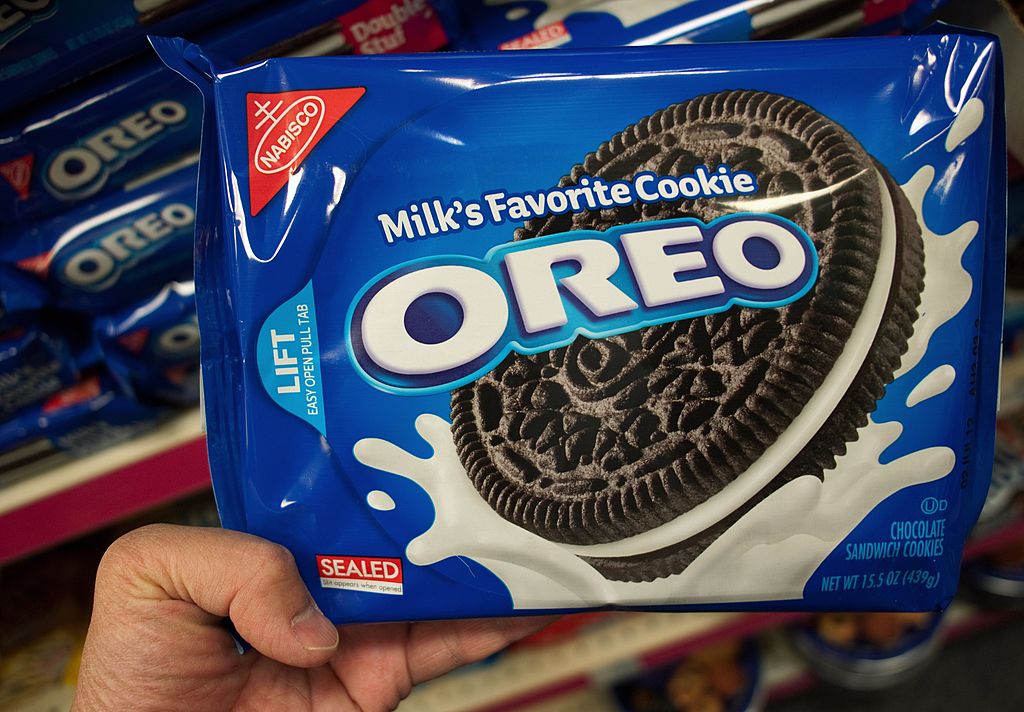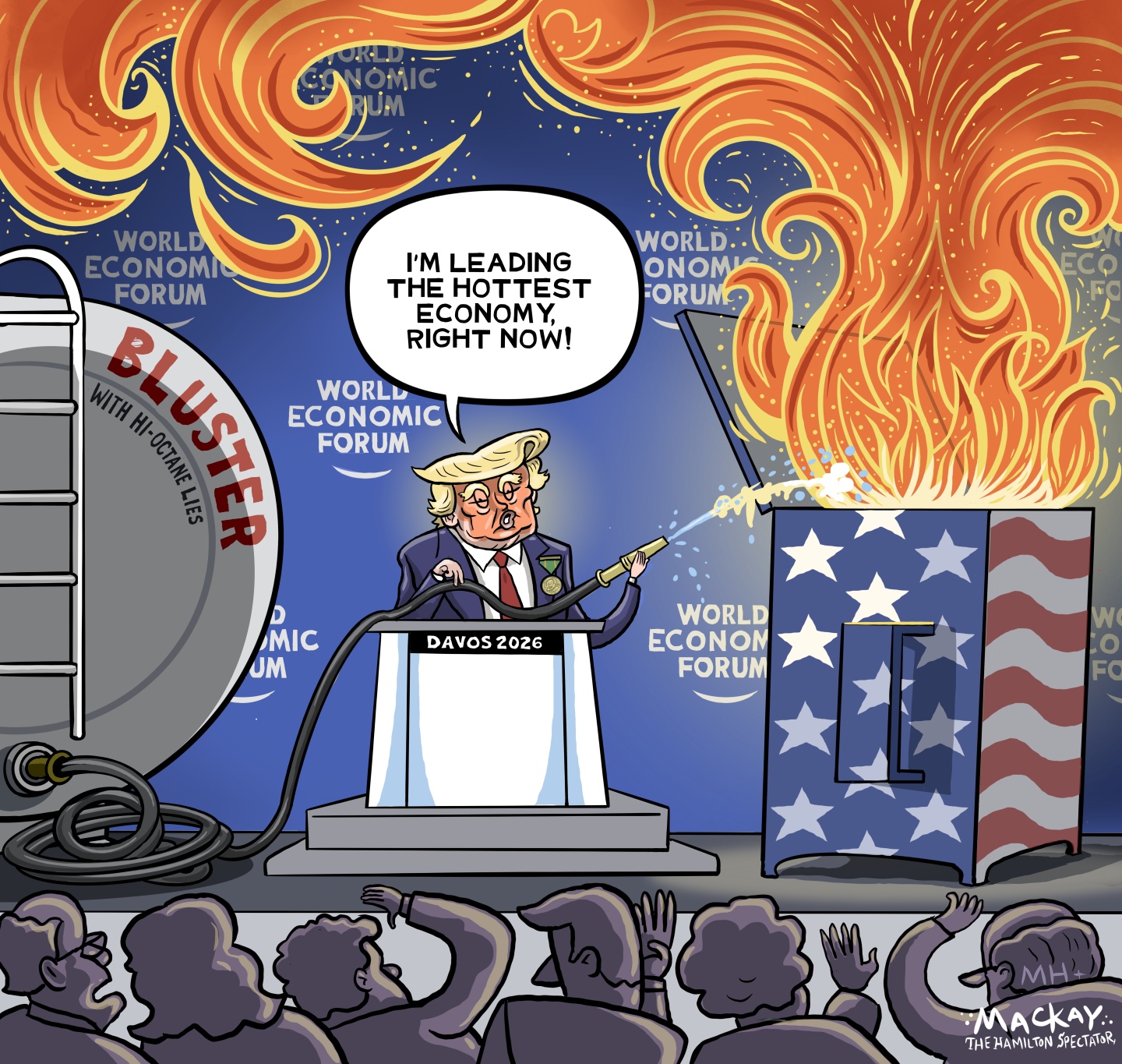Nabisco blames Oreo job cuts in Chicago on robots


The decision by Nabisco's parent company, Mondelez International, to move Oreo production from Chicago to Salinas, Mexico, has drawn sharp criticism from presidential hopefuls Bernie Sanders, Hillary Clinton, and especially Donald Trump, a former pitchman for Oreos. The company cites the $46 million it will save each year for the move to Salinas and the dismissal of 600 workers in Chicago, but Mondelez spokeswoman Laurie Guzzinati says at least half those workers would still have lost their jobs if Nabisco built its new cookie and cracker factory in the U.S.
"Even if the investment would have been made in Chicago, there would have been an impact to positions at that bakery," she told USA Today, explaining that the new factory lines and machines are more efficient than the ones Nabisco operates in Chicago.
Nate Zeff, a member of the Bakery, Confectionery, Tobacco Workers, and Grain Millers (BCTGM) International Union, isn't sympathetic, especially since Mondelez CEO Irene Rosenfeld earned $21 million last year. "We're talking about 600 jobs," he said, and "600 families who are going to be deeply affected. That's millions of dollars that's going to be stripped away from the economy here." The Chicago plant will still have 600 workers, and while it won't be making Oreos, Nabisco's Oreo plants in Oregon, Virginia, and New Jersey will still make the cookies, along with bakeries in 16 other countries. Oreos earned Mondelez $2.5 billion in revenue in 2014.
The Week
Escape your echo chamber. Get the facts behind the news, plus analysis from multiple perspectives.

Sign up for The Week's Free Newsletters
From our morning news briefing to a weekly Good News Newsletter, get the best of The Week delivered directly to your inbox.
From our morning news briefing to a weekly Good News Newsletter, get the best of The Week delivered directly to your inbox.
A free daily email with the biggest news stories of the day – and the best features from TheWeek.com
Peter has worked as a news and culture writer and editor at The Week since the site's launch in 2008. He covers politics, world affairs, religion and cultural currents. His journalism career began as a copy editor at a financial newswire and has included editorial positions at The New York Times Magazine, Facts on File, and Oregon State University.
-
 Political cartoons for January 25
Political cartoons for January 25Cartoons Sunday's political cartoons include a hot economy, A.I. wisdom, and more
-
 Le Pen back in the dock: the trial that’s shaking France
Le Pen back in the dock: the trial that’s shaking FranceIn the Spotlight Appealing her four-year conviction for embezzlement, the Rassemblement National leader faces an uncertain political future, whatever the result
-
 The doctors’ strikes
The doctors’ strikesThe Explainer Resident doctors working for NHS England are currently voting on whether to go out on strike again this year
-
 TikTok secures deal to remain in US
TikTok secures deal to remain in USSpeed Read ByteDance will form a US version of the popular video-sharing platform
-
 Unemployment rate ticks up amid fall job losses
Unemployment rate ticks up amid fall job lossesSpeed Read Data released by the Commerce Department indicates ‘one of the weakest American labor markets in years’
-
 US mints final penny after 232-year run
US mints final penny after 232-year runSpeed Read Production of the one-cent coin has ended
-
 Warner Bros. explores sale amid Paramount bids
Warner Bros. explores sale amid Paramount bidsSpeed Read The media giant, home to HBO and DC Studios, has received interest from multiple buying parties
-
 Gold tops $4K per ounce, signaling financial unease
Gold tops $4K per ounce, signaling financial uneaseSpeed Read Investors are worried about President Donald Trump’s trade war
-
 Electronic Arts to go private in record $55B deal
Electronic Arts to go private in record $55B dealspeed read The video game giant is behind ‘The Sims’ and ‘Madden NFL’
-
 New York court tosses Trump's $500M fraud fine
New York court tosses Trump's $500M fraud fineSpeed Read A divided appeals court threw out a hefty penalty against President Trump for fraudulently inflating his wealth
-
 Trump said to seek government stake in Intel
Trump said to seek government stake in IntelSpeed Read The president and Intel CEO Lip-Bu Tan reportedly discussed the proposal at a recent meeting
